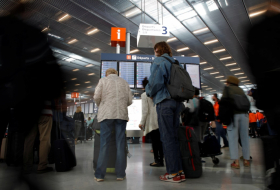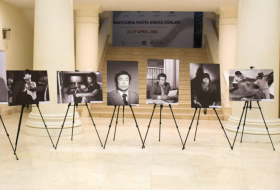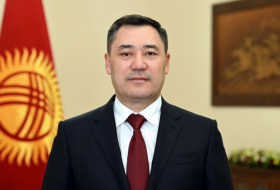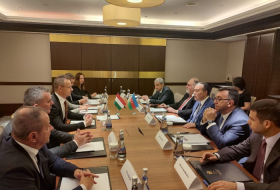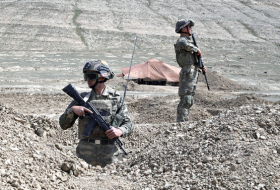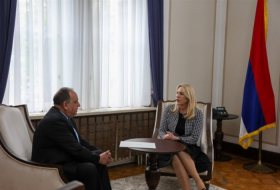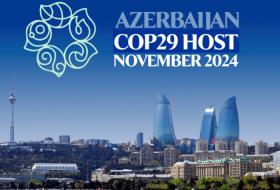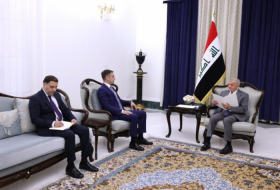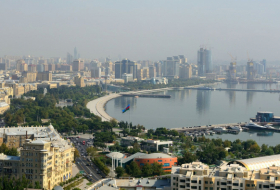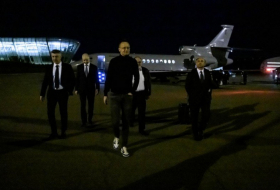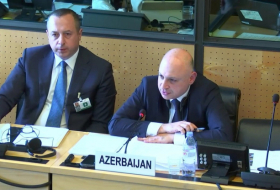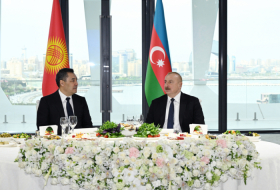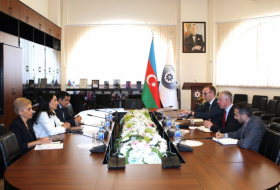The 25-year-old will remain in a Thai prison for two months more after he faced the Thai criminal court on Monday to formally lodge his refusal to be extradited to the country he fled. The judge gave his lawyers until 5 April to file a written appeal before the next scheduled hearing on 22 April.
He arrived at Thailand’s Ratchadaphisek criminal court shackled and barefoot with more than a dozen other prisoners. He was flanked by a guard at each arm and several more behind him.
He shouted “don’t send me to Bahrain”. Supporters shouted back: “Australia is with you” and “Your wife sends her love”.
Al-Araibi, the 25-year-old Australian resident and refugee from Bahrain, has spent almost 70 days detained in Thailand while his country of birth seeks his extradition. A high-profile and extraordinarily unified international campaign seeks his return to Australia, but Thailand has insisted on sending him through its courts.
The Monday appearance marked the formal beginning of proceedings after Bahrain’s extradition request was formally accepted for consideration on Friday.
In court Al-Araibi stood as the judge read out Bahrain’s allegations against him. He told the court he refused to be extradited. Deputy Asia director of Human Rights Watch, Phil Robertson, said his lawyers sought a postponement so they could adequately translate documents but prosecutors said they wanted the case to proceed quickly.
Allan McKinnon, Australia’s ambassador designate, as well as delegates from other countries and embassies, were expected to appear as a “coalition of support”, according to Craig Foster, the former Australian Socceroo captain spearheading the campaigning to free Al-Araibi.
The coalition reportedly included representatives of more than a dozen countries and the European Union.
Al-Araibi was arrested on 27 November when he arrived in Bangkok for a honeymoon with his wife.
Thai authorities made the arrest on the basis of an Interpol red notice which was issued against the agency’s own policies, which dictate they can’t be issued against refugees on behalf of the countries they fled.
Within days the red notice was lifted, but Thai authorities instead pointed to an extradition request by Bahrain.
Al-Araibi’s detention was extended by 60 days to allow Bahrain to file its extradition documentation, which was assessed by prosecutors and given to the Thai court on Friday.
Thailand maintains it is following legal processes and its immigration chief, Surachate Hakparn, continues to refer to arrest warrants, despite the lifting of the red notice.
It has continued to entertain Bahrain’s claim that Al-Araibi is wanted over the vandalism incident of 2012, for which he was convicted in absentia to 10 years in jail, despite evidence he was playing in a televised football match either at the same time as the crime or so close to it he would have been unable to get there.
Thailand is not a signatory to the refugee convention and has a history of sending refugees back to their countries of origin. Last month, amid international outcry about Saudi teenager Rahaf al-Qunun, Hakparn pledged the country would no longer return refugees “involuntarily”, but said that did not apply to Al-Araibi’s case.
Chatchom Akapin, director general of the Thai attorney general’s international affairs department, has said the extradition request is for a criminal act. Extraditions for political prosecutions are against Thai law, according to the Bangkok Post.
The Thai government also referred to its “reciprocal benefits” with Bahrain, according to the report.
In the early days of Al-Araibi’s detention, tax arrangements and retail developments between the two nations were reported.
Bahrain, which has an extensively documented history of prisoner mistreatment, including an inquiry commissioned by the king which found a number of deaths in custody as a result, denies Al-Araibi faces danger.
In statements from its press office, it has repeatedly said its justice system is fair and transparent, and Al-Araibi can appeal his conviction if he returns.
This week it also disputed Australia’s finding that Al-Araibi is a refugee, with a well-founded fear of persecution and in need of protection.
Bahrain labeled his refugee status as “inaccurate information that has circulated to the effect that Mr Al-Araibi can be properly be deemed a refugee, or that he is in some way at risk of persecution for his peaceful opinions or beliefs”.
“In reality, he has been duly convicted and sentenced by Bahrain’s independent judiciary on charges involving serious violence and criminality, unrelated to any possible freedom of opinion/expression issues.”
Al-Araibi told the Guardian last month he believed Bahrain was seeking his return as retribution for public comments he made in 2016 criticising Sheikh Salman al-Khalifa over his failure to protect athletes during Bahrain’s crackdown on pro-democracy protests in 2011 and 2012.
Sheikh Salman is a member of the royal family and at the time was head of Bahrain’s football association. He is now the president of Fifa, and vice president of the Asian Football Confederation.
Advocates and supporters of Al-Araibi have called on Fifa and the International Olympic Committee to enact immediate sanctions on Bahrain and Thailand to pressure the two governments to allowing Al-Araibi to return to Australia.
More about: #Thailand










